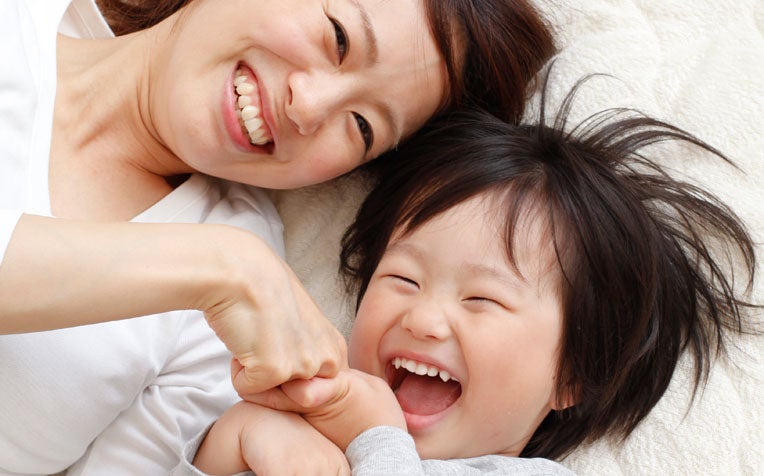
Child discipline does not mean physical punishment.
Child discipline: Tips for parents
Ms Joanne Especkerman, Psychologist at the Psychology Service, KK Women’s and Children’s Hospital (KKH), a member of the SingHealth group, said parents are often unsure of various alternative methods of discipline. These are some steps parents can take:
-
Set rules and explain them to your children
This creates structure and provides a sense of safety, as your children will not fear being punished for reasons they did not know in advance. -
Be patient as your children test the limits of your rules
Your children will not be willing to accept your measures at first, and their behaviour may initially worsen. But do persevere and be consistent with laying down the rules. -
Stay firm and press on with punishment when rules are broken
If your children break the rules, they must face the consequences. Punishment can take the form of timeouts and withdrawal of privileges or material rewards, for example. -
Both parents must uphold the rules and mete out punishment consistently
Parents as well as other caregivers such as grandparents or domestic helpers that live in the same household should also be consistent in maintaining the rules and consequences. Any inconsistency in upholding rules indicates to children that standards of conduct are ambiguous and are not important. -
Provide opportunities for children to display positive behaviours and use rewards to reinforce such behaviours
Pair specific verbal praises with material rewards or privileges to encourage children. Saying "Good job in helping Grandpa to carry things" instead of just "Good job" helps the child to understand which specific behaviour was good and appropriate.
Be mindful of the effects of discipline on children
"Discipline should be used to assist children in learning rules and values as they grow older to help them assimilate well into society and contribute back as an active participant," says Ms Especkerman.
In Singapore, some parents admit to smacking their kids on the spur of the moment or when they are feeling stressed. Although this increases short-term compliance, many research studies do show negative outcomes in children in the long-term such as aggressive behaviours, lower quality relationships, and poorer mental health in childhood and adulthood.
According to a recent international study spanning several continents including Asia, explanations of physical punishment being ‘just’ and ‘fair’ and the use of less severe forms of physical punishment (e.g. slapping on hand) do not lessen the negative impact it has on children’s outcomes.
On the other hand, consistent use of positive parenting methods (e.g. planned ignoring of negative behaviours, providing praise and reward for positive behaviours) have shown effectiveness in shaping children’s behaviour. Additionally, using other-oriented reasoning where children learn to understand effects of their behaviour on others increases their empathy and promotes pro-social behaviours.
More importantly, parents are encouraged to spend time in taking the perspective of their children in order to better identify reasons for their misbehaviour. This in turn helps parents to choose wisely on interventions that encourage children’s willing compliance.
Ref: N18


















 Get it on Google Play
Get it on Google Play